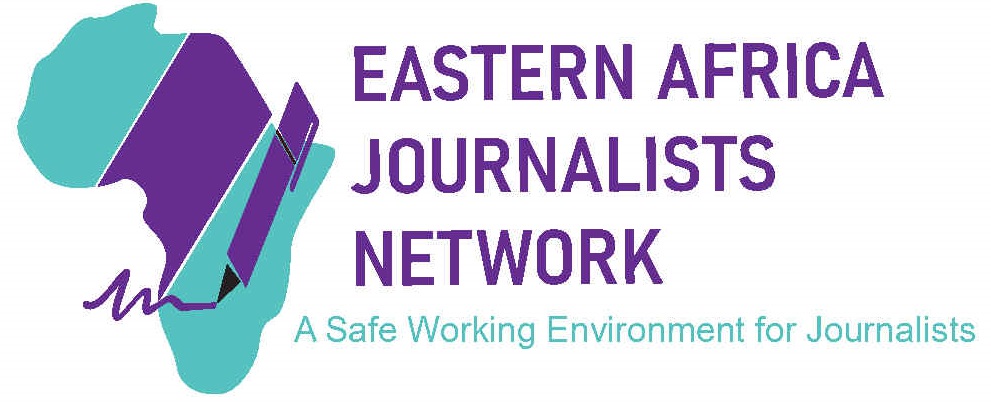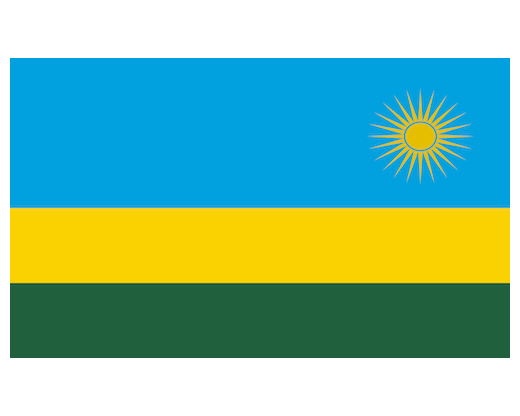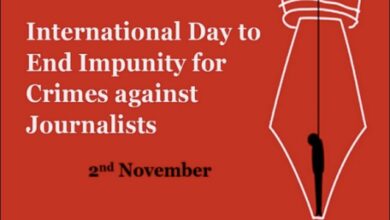Rwanda is ranked as not free on global media freedom by Global Media freedom monitors like Freedom House and Reporters Without Border which ranks it at 155 out of 180 countries. Attacks against journalists continues unabated with censorship and self-censorship so wide spread as the only way of avoiding running in trouble with the government.
Foreign journalists are often unable to secure visa and accreditation when traveling to report in Rwanda.
President Paul Kagame has used the 1994 genocide to severely restrict freedom of expression and stifle independent media. Media outlets are subjected to closures and journalists have routinely been arrested for reporting critically. The silencing of both the media and political opposition is enabled by the existing broad provisions of the Penal Code, which can and are used to target any expression the government doesn’t like. Journalists who seek to report critically about the government are subjected to criminal charges and intimidation. The revised penal code passed in 2018 criminalized cartoons and writing that “humiliate” Rwandan leaders. However, the penal code decriminalizes defamation. While the 1994 genocide remains horrific and undoubtedly a core contextual background to the country’s approach to tackling discrimination and intolerance, and create a unique and challenging context to tackle issues of ‘hate speech’ and division. Nonetheless, instead of making genuine efforts to tackle these issues, the government has used excessively broad and repressive criminal laws to silence genuine discussion of the genocide, which, instead of targeting discrimination, is likely to silence victims of the genocide and discrimination. Instead of seeking to build stability and an open democracy through the embedding of human rights standards in the country’s laws and policies, the government has reverted to silencing criticism and violating the right to free speech and operation of journalists and media outlets.


